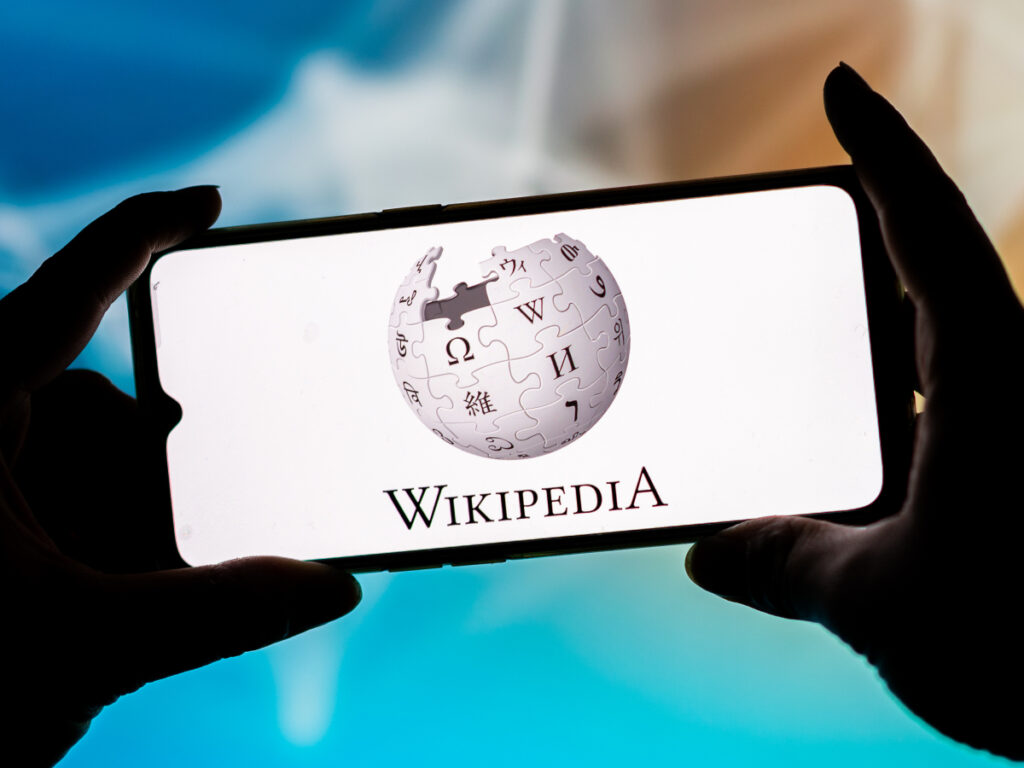The Russian government has disclosed that the country is not yet planning to block the search platform, Wikipedia.
The country’s digital affairs minister said on Tuesday, as a Moscow court fined the online encyclopaedia again for failing to remove content that Russia considers illegal.
Wikipedia, which claims to provide “the second draught of history,” is one of the few independent sources of information in Russia that has survived since a state assault on internet content in Russia escalated when Moscow moved its armed forces into Ukraine in February 2022.
“We are not blocking Wikipedia yet, there are no such plans for now,” digital affairs minister Maksut Shadaev said at a data summit in Moscow.
On Tuesday, Moscow’s Tagansky District Court fined Wikipedia owner Wikimedia Foundation 800,000 roubles for failing to remove information deemed to promote train hopping, in which a person rides on the side or top of a train.
Wikimedia has previously stated that the information about which Russian officials have complained was well-sourced and adhered to Wikipedia standards.
For years, Russia has attempted to build its own online encyclopaedia but has made little progress.
“It is being developed now,” Shadaev remarked. “I am not prepared to say how ready it is.”
Russia has similarly struggled to build a comparable video hosting service to Alphabet’s YouTube, which remains accessible despite the blocking of other international social media platforms.
Vyacheslav Volodin, the speaker of Russia’s State Duma, claimed on Tuesday that a court had ordered Google to pay 1 billion roubles ($12.3 million) for shutting down the Duma TV YouTube channel.
After authorities seized its bank account last year, Google’s Russian business declared bankruptcy.
The American tech behemoth has ceased commercial operations in Russia, although free services are still available.
In addition, Russia fined Amazon’s Twitch 4 million roubles for failing to remove “false information” about Moscow’s military assault in Ukraine.

